Jean-Pierre Bergevin celebrates 50 years at Université de Hearst
The passionate psychologist and teacher is a prominent figure in Hearst’s university community.
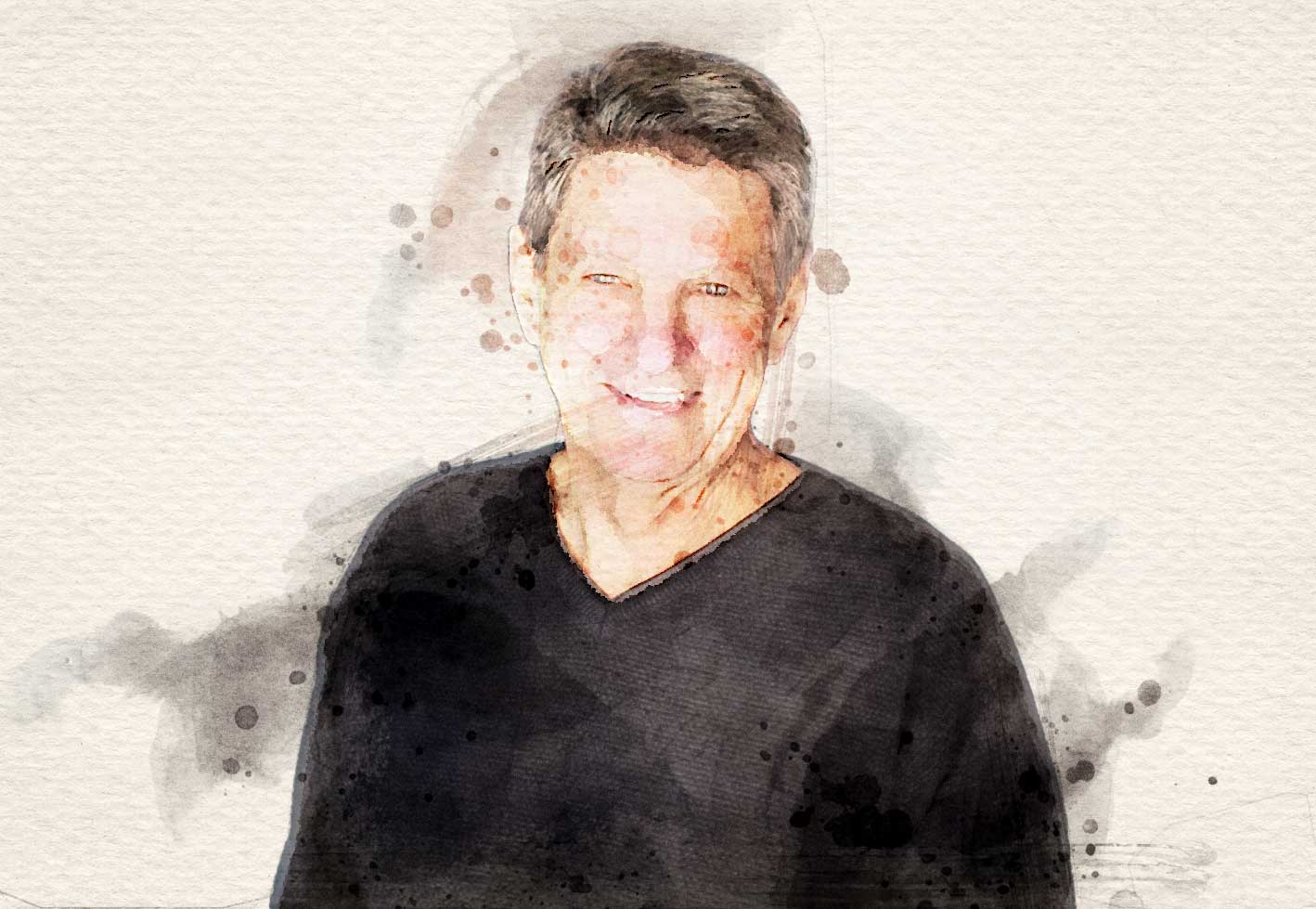
Leaving home at age 15 to pursue studies is a hard choice, but that’s the path Jean-Pierre Bergevin followed in 1963. After boarding for several years at Université de Hearst – which was Collège de Hearst at the time – he obtained his bachelor’s degree in literature in 1970 and moved to Ottawa for four years to complete a master’s in psychology. He returned to Université de Hearst in 1974 where he served as a full-time psychology professor until 1982; at the time, a master’s degree was sufficient to teach in the department. During this period, he was involved with the regional committee that established North Cochrane Addiction Services and the mental health centre for children now called Centre Jeanne Sauvé. His work as a psychometrist and consulting psychologist with these organizations has informed his approach to teaching.
Taking a sabbatical in fall 1982, he returned to his studies to complete a PhD in clinical psychology. He resumed teaching in 1985.
Dr. Bergevin also co-founded Maison Renaissance, a Hearst substance use treatment centre for Franco-Ontarians. In the late 1980s he was named the Northern Ontario representative of the Addiction Research Foundation by René Fontaine, the then-Ontario Minister of Northern Development and Mines. He held several positions within ARF over a span of seven years.
A prolific career
Pauline Lavoie, a psychology professor at Université de Hearst, has known Dr. Bergevin for almost 40 years. “I began as his student, and now I’m his colleague. He’s a teacher who knows how to cultivate a learning environment. He has a strong presence in the classroom, and now I draw on his teaching methods in my own work.”
Sophie Dallaire, coordinator for the Université de Hearst branch of the Consortium national de formation en santé, has also known Dr. Bergevin for many years. She describes him as someone who can conceive of and implement projects with real potential to move the needle. “His tendency to go the extra mile means Université de Hearst is now offering a new 12-month graduate program that qualifies students with the College of Registered Psychotherapists of Ontario,” she says.
“He’s a teacher who knows how to cultivate a learning environment.”
Along with this graduate diploma program to train qualified psychotherapists, Ms. Dallaire and Dr. Bergevin co-established Centre Labelle, a psychosocial assessment and intervention centre in northeastern Ontario.
Shawna McGee, a psychology lecturer at Université de Hearst and another of Dr. Bergevin’s former students, likewise sings his praises. “He’s an excellent psychologist,” she says. “He lets his clients (and students, and mentees) learn on their own, but walks alongside them, giving gentle guidance. Without this approach, without his support, I would not be the psychologist I am today.”
The advantage of a small university
Going off the beaten path is a daily part of Dr. Bergevin’s life. “Jean-Pierre helped us to stand out, to make us unique to attract students,” says Ms. Lavoie. “Pedagogical approaches and educational content are certainly important, but we have made our program very experiential. We’ve taken trips with students, kept them engaged by taking them into the field. Working with other campuses has allowed us to offer courses in blocks rather than semesters.”
“At small universities, it’s much easier to connect with students. Those personal connections are often hard to find at the undergraduate level and at large universities,” says Dr. Bergevin.
“When I started teaching at Université de Hearst in 1974, there were only 40 or so students in the whole university.”
Dr. Bergevin says that the secret to student retention is to spark their interest and motivation as first-year undergrads. “We’ve worked hard to create new programs and offer a unique pedagogical approach. Everyone who teaches at Université de Hearst has these interests in mind.”
The event he loves the most is convocation. “That’s when I can see evidence of progress and the fruit of my labour.”
At 76, Dr. Bergevin is in no rush to retire. “When people ask me when I’m going to take my retirement, I joke that I’m waiting for retirement to take me.”

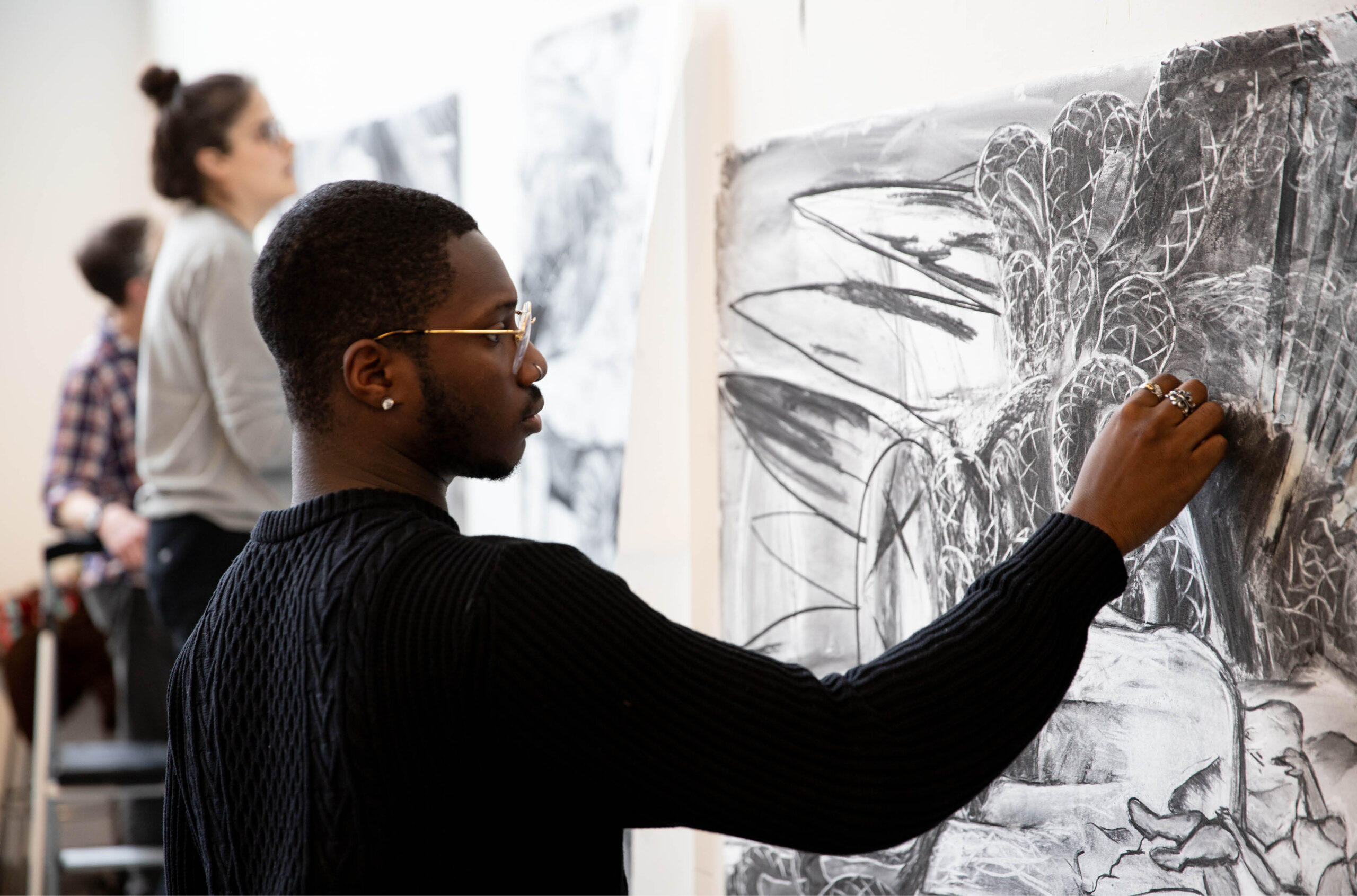

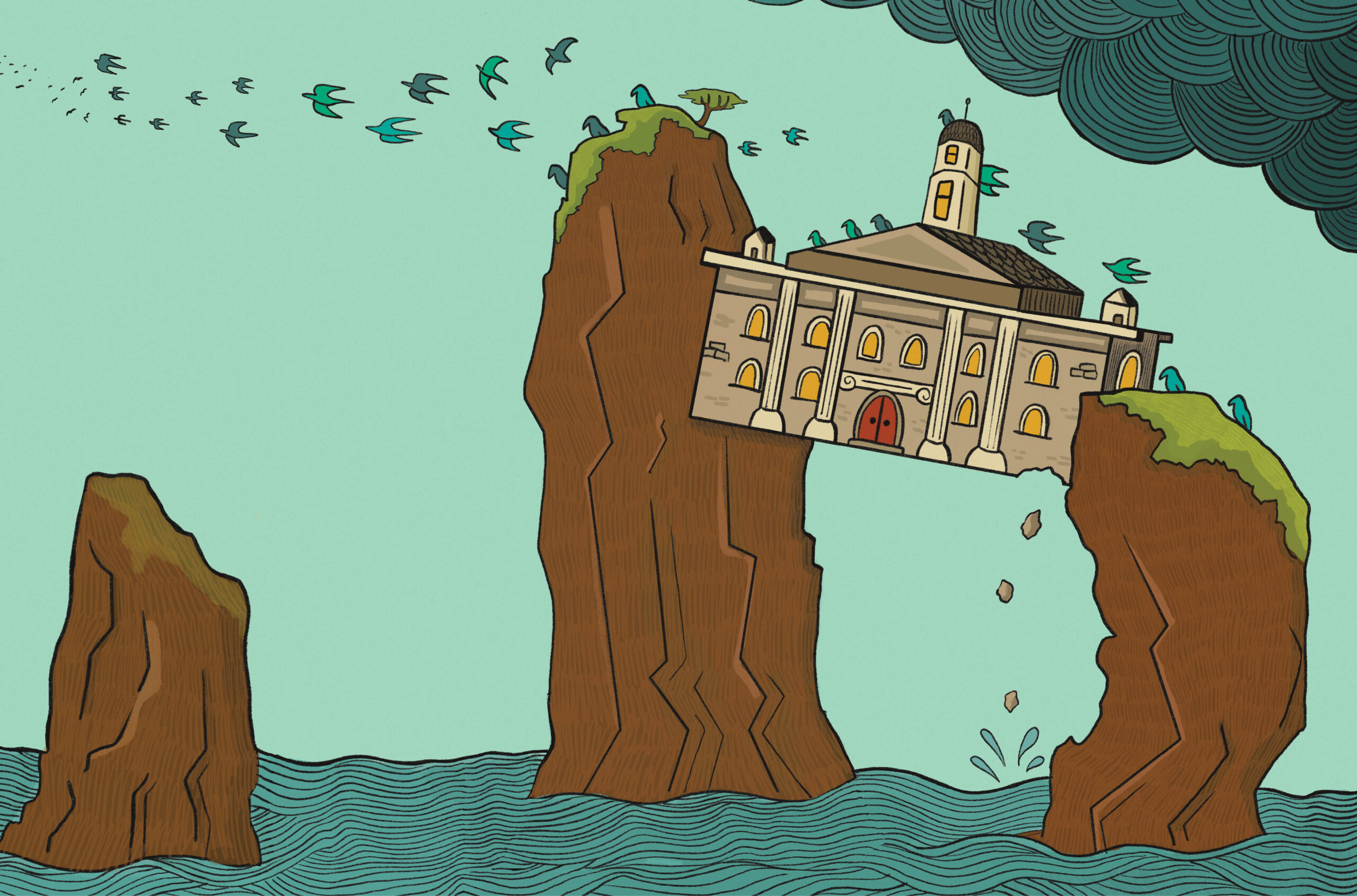
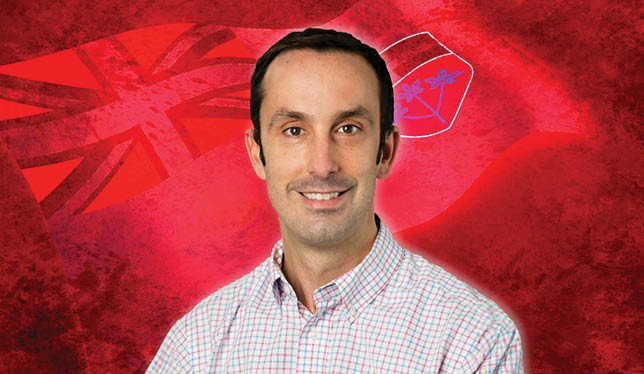
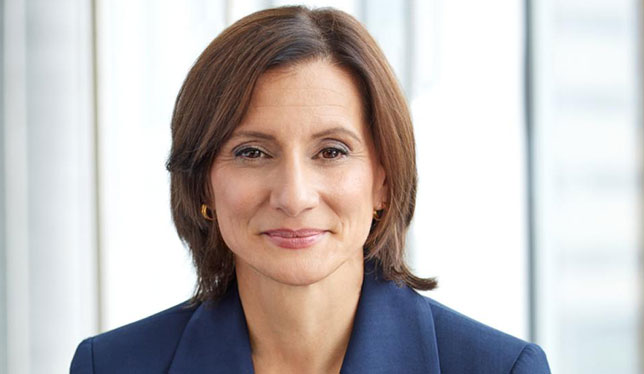
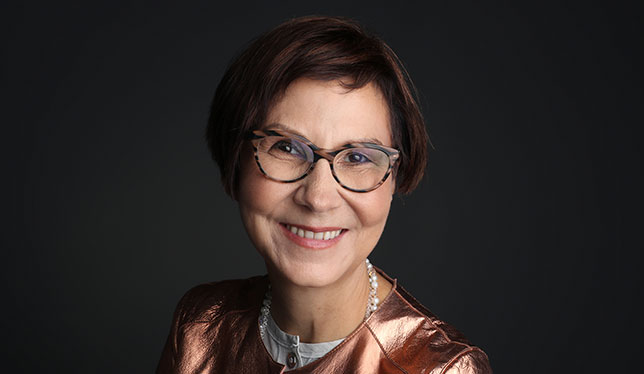





Post a comment
University Affairs moderates all comments according to the following guidelines. If approved, comments generally appear within one business day. We may republish particularly insightful remarks in our print edition or elsewhere.